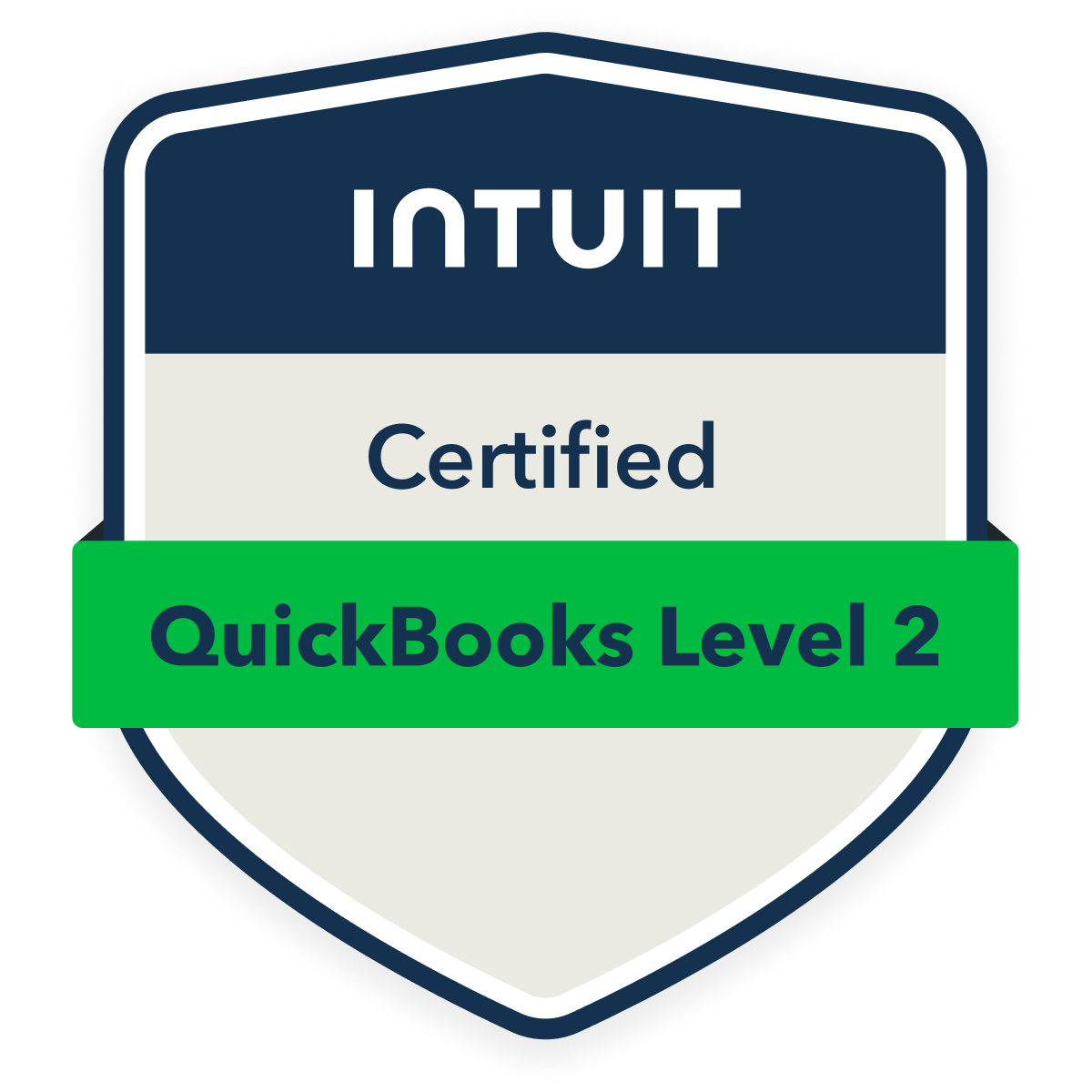How AI is Revolutionizing Accounting
Revolutionizing Accounting
Over the past years, artificial intelligence has emerged as a change factor in many industries, and accounting cannot be an exception. From automating mundane tasks to developing decision-making, AI is one such innovation that is changing the way accountants and businesses look at financial management. In this article, we will take a closer look at some of the key ways in which AI is transforming the accounting landscape and the benefits it accrues to both professionals and businesses in equal measure.
1. Automation of Repetitive Tasks
Some of the direct influences AI exerts on accounting concern tasks that are tedious, repetitive, and require much time and effort. Examples of such tasks are data entry, transaction categorization, invoice processing, and reconciliations. These activities are taken over by AI-driven software, which replaces the routine tasks performed by accountants with more value-added ones.
For instance, AI-enabled accounting software integrated with QuickBooks or Xero automatically matches transactions against bank records. This has greatly reduced manual errors and saves loads of time.
2. Improved Accuracy and Lesser Errors
Human beings make a lot of mistakes, especially when volume builds up for data. AI, on the other hand, is able to process this with unparalleled accuracy. In so doing, automating processes relative to tax preparation or financial statement generation helps eliminate many of the day-to-day errors a typical person creates: data entry errors, missed deductions, etc.
Such a high degree of accuracy means a big boost in the quality of financial reporting, desirably helps the government, leaving only a marginal chance for audit or penalties.
3. Improved Financial Forecasting and Analysis
With the capability of AI to crunch data, accountants can make more accurate financial forecasts. That means machine learning algorithms analyze existing data for patterns that could enable a business to make better decisions. AI helps businesses manage their resources more effectively by forecasting future cash flows, sales trends, or budgetary needs.
For instance, AI-powered forecasting tools will help the creation of budget projections by allowing the CFOs and accountants to model various scenarios in the shortest time to confidently plan for the future.
4. Real Time Insights and Reporting
While accountants would traditionally compile financial reports on a monthly or quarterly basis, AI makes real-time reporting possible. That provides businesses with minute-by-minute details about their financial condition. Since the AI tool will track the financial activities constantly, accountants can identify discrepancies or opportunities to save costs in no time.
For instance, AI-powered dashboards let business owners and finance managers track every KPI-in other words, profit margin or cash flow-in real time for swift decisions with better insight.
5. Fraud Detection and Risk Management
AI is increasingly becoming a critical tool in fraud detection. Through continuous financial transaction analysis and the flagging of suspicious patterns, AI offers early fraud detection before it gets out of hand. For example, algorithms can easily detect abnormalities in the amount, frequency, or even strange vendor behavior as suspicious.
This ultimately leads to proactive fraud detection and prevents risks with reduced loss of company assets.
6. Smoothen Audits and Compliance
Auditing can be a very long and exhaustive process. AI streamlines audits in rapidly analyzing large datasets for discrepancies, even initial reviews of financial statements. AI tools can also help with ensuring compliance in ever-changing tax laws and financial regulations and offload some of that burden from accounting teams.
With AI-powered auditing platforms, transactions are sifted through to flag those that require human attention and drastically cut the time spent on audit procedures.
7. Enhanced Customer Service
AI is not only changing how accountants do the job internally; it's also changing how they present themselves to clients. AI-driven chatbots and virtual assistants can answer frequent client requests, which range from explaining financial statements to tax-related queries. This frees up more time for the accountants to move to higher-level advisory work.
It can lead to better communication with customers and, hence, a deeper relationship-one that is needed in today's cutthroat marketplace.
8. Greater Focus on Strategic Decision Making
Free from performing non-core tasks, accountants can focus their energy and resources more on strategic areas of financial advice, planning, and business development. AI provides the capability in analyzing vast amounts of data that will allow accountants to present more valuable insights to guide businesses in decision making about their finances better.
This would help accountants leverage AI in supporting businesses in pursuit of an optimized tax strategy, better cost management, and opportunities for growth.
Closing Remarks
One will be hard-pressed to argue that AI is not hugely changing the accounting world in terms of unimaginable benefits to efficiency, accuracy, and strategic insight. With AI, accountants are no longer just number crunchers but enterprising strategic advisors participating in the active growth of a business. In this view, as the technology advances, the early adopters will be better off in the promising future of accounting.
Is Your Business Ready for the AI Revolution? The integration of AI into accounting processes is not a fad but a reality, and if you are an accountant or any businessperson with a desire to stay updated about the field, now is the time when you want to see how AI can help in building your accounting processes.
Recent Posts







